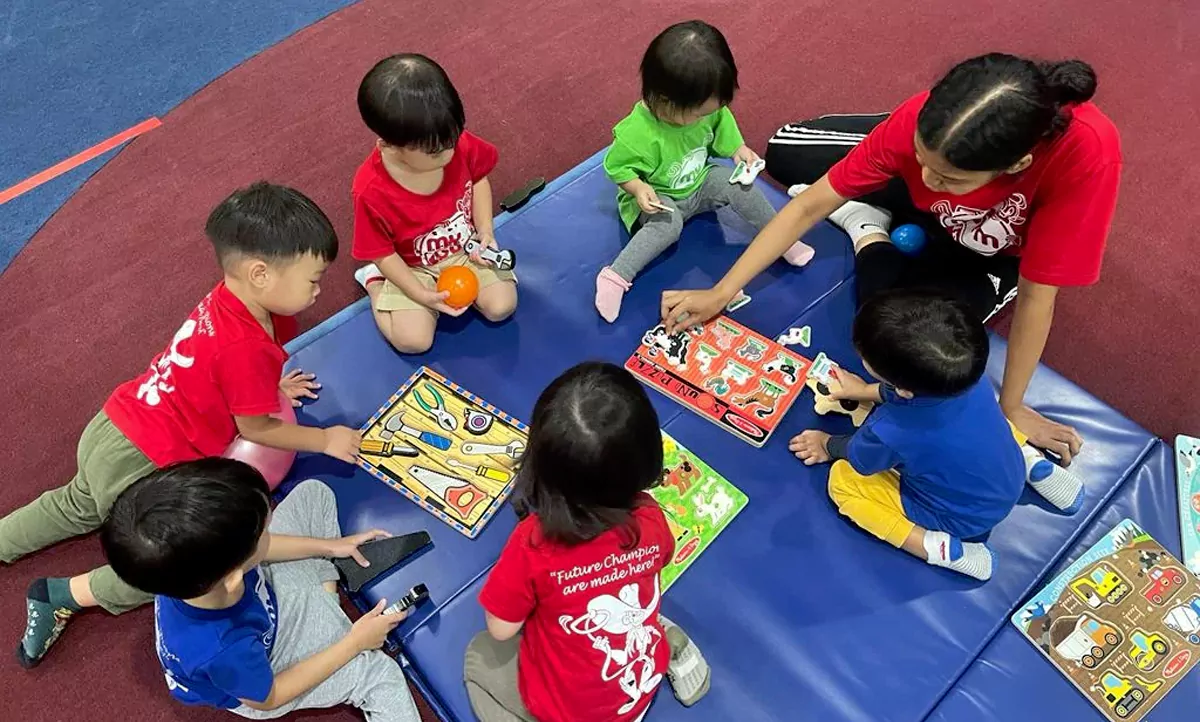Help your child to learn and understand better
We live in a world of high expectations. What children learn at home matters every bit as much, and in some ways, more than what they are taught later on at school. Starting to learn at home is what gives your child the edge. Improving comprehension skills in children begins by being able to ask the right and relevant questions, breaking down complex information, practising critical thinking, improving mindfulness, and staying curious.
These common traits are either already at your disposal or a small shift in awareness can quickly put them within reach of your child. What matters is adopting mindful learning strategies and applying them regularly. With each day, your child can directly put her skills into practice and improve her performance. Both parents need to be involved in taking care of their child and help her in learning and understanding better.
A recent Research commissioned by the University of Manchester, for instance, found that children do better at school if their fathers regularly spend time with them on interactive engagement activities like reading, playing, telling stories, drawing and singing. According to the findings, fathers who regularly drew, played and read with their three-year-olds helped their children do better at school.
[Source]
“Mothers still tend to assume the primary carer role and therefore tend to do the most childcare, but if fathers actively engage in childcare too, it significantly increases the likelihood of children getting better grades in school. This is why encouraging and supporting fathers to share childcare with the mother, from an early stage in the child’s life, is critical,” said Dr Helen Norman from The University of Leeds, who led the research. [Source]
It is OK to fail
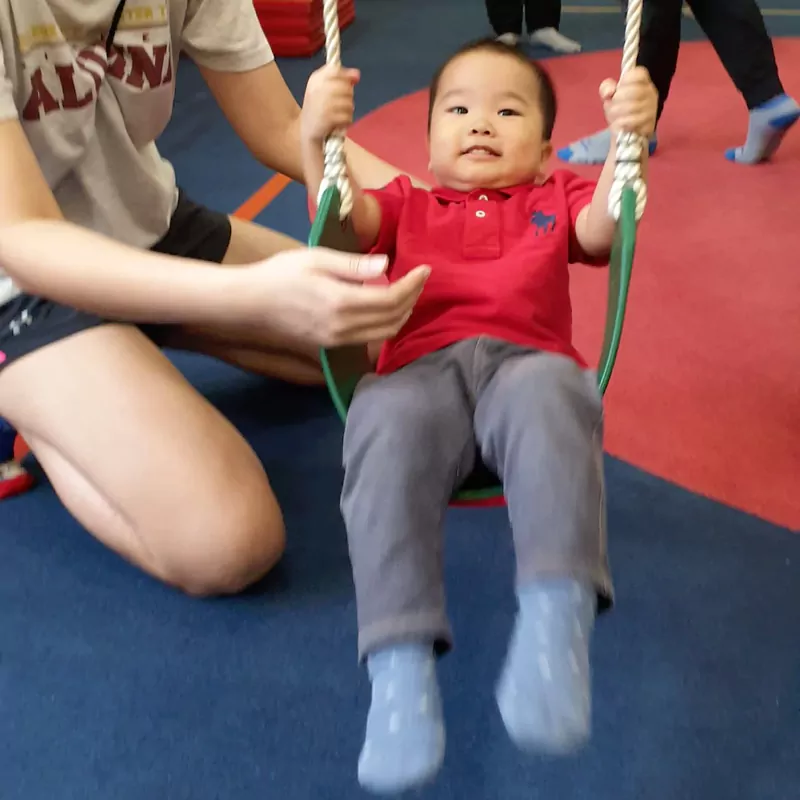
In the journey of life, failure is often perceived as a stumbling block, something to be feared and avoided. Teaching young children that failure is not the end but a stepping-stone to success is a crucial lesson that will empower them to face challenges, persevere through difficulties, and ultimately thrive.
It is a fact of life that any skill requires a period of incompetence to become competent. What’s more, encouraging your child despite failure is the most effective way to increase confidence levels and help develop her success rate in any field.
Teach your child chess: Chess is described as the perfect teaching tool for developing critical thinking in children because of all the positive effects it has on a child’s logic, problem-solving and strategic planning skills. It also calls for discipline and concentration and these are excellent transferable skills which will find immediate use later in the classroom. Remember, most board games rely on chance, but that is not the case with chess. It’s driven by the skill and patience of the player. Children also get to improve memory, maths, imagination and creativity skills when they play chess.
Share and tell how you overcame your own failures: We may take it for granted that success requires hard work and overcoming of obstacles but this is not necessarily so obvious to children. So make time to explain your experience of a learning curve, it will help your child connect hard work with future rewards.
Don’t over-praise: Explain that everyone has different talents and that not everyone can start to win right away. Today’s parents tend to over-praise, which can lead to problems when children realise that they are not as ‘special’ or ‘amazing’ as they thought they were. There is power in setting positive but realistic expectations. Don’t over-praise and don’t overdo it.
Make your child love learning
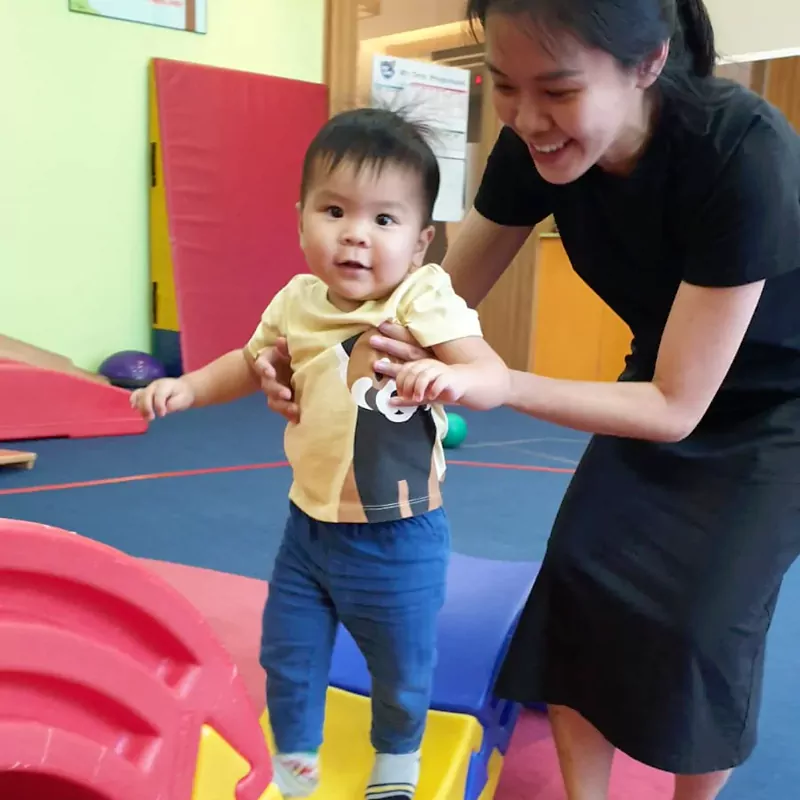
The foundation of a successful and fulfilling life often lies in instilling a love for learning very early in life. Every child possesses unique interests and passions. One of the most effective ways to make learning enjoyable is to tailor the activities you involve your children in and make sure they match your child’s interests.
By incorporating subjects and materials that resonate with your child’s curiosity, you not only capture their attention but also ignite a genuine love for exploration and discovery. As parents, this is one of our primary responsibilities and the goal is to make learning an activity that our children genuinely love.
So try to introduce hands-on experiences that allow children to actively engage with the subject matter. Whether through experiments, field trips, or interactive projects, these experiences transform learning into a dynamic and exciting adventure, fostering a deep appreciation for knowledge.
Play is a child’s natural way of exploring the world. Integrating playful elements into daily activities not only makes learning fun but also enhances retention. Educational games, puzzles, and creative play can turn what might seem like a lesson into an enjoyable, interactive experience, encouraging children to associate learning with joy.
A child’s innate curiosity is a powerful tool for learning. Encourage questions and provide avenues for exploration. When children feel that their curiosity is valued and actively supported, they are more likely to develop a love for learning, driven by a genuine desire to understand the world around them.
Cultivate a growth mindset by emphasizing the idea that intelligence and abilities can be developed through effort and learning. When children see challenges as opportunities for growth rather than insurmountable obstacles, they approach learning with a positive attitude, eager to tackle new challenges and expand their knowledge.
The physical environment a child is exposed to plays a crucial role in shaping her perception of learning. Going out of the way to create a supportive and inspiring space that encourages focus and creativity can transform the act of learning into a delightful experience that enhances moods.
Research psychologists have proven time and again that a good mood makes your child smarter, more engaged, more creative and more willing to persist at a difficult task. The key is to set out with a positive mindset that is pre-programmed to succeed.
Allow your child to follow her passion
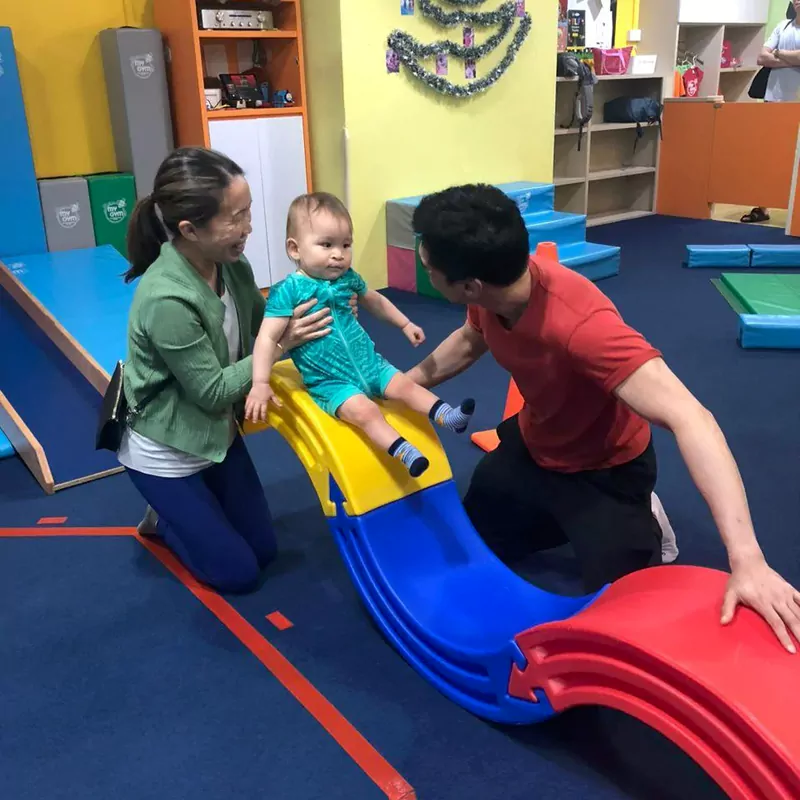
In a world full of exciting possibilities, it isn’t possible to be good at everything. It’s more important to be excellent at a few things. So, if your child shows specific interest and takes a lot of joy in certain topics and subjects, she will find it a lot easier to excel at them.
Rather than adhering to rigid career expectations or predefined paths, encouraging children to pursue what truly captivates their interests can unleash their full potential and pave the way for a fulfilling and meaningful life.
When children are allowed to explore subjects that ignite their curiosity, they become more engaged and enthusiastic learners. This self-motivation not only enhances their academic performance but also instils in them a love for learning that extends beyond the confines of a classroom.
Moreover, embracing a child’s passion nurtures creativity and innovation. We unlock the door to a world of creative thinking and problem-solving. Whether it is music, art, science, or sports, passion-driven pursuits provide a platform for children to express themselves and develop critical skills that will serve them well in any future endeavour.
The journey towards mastery in any field is often filled with challenges and setbacks. By allowing your child to pursue her passion, she will develop resilience, learn to cope with failure, and understand that success is a result of dedication and perseverance. These invaluable life lessons extend far beyond the realm of her chosen area and apply to different aspects of her personal and professional life.
When your child feels encouraged to follow her passion, it fosters a sense of identity and purpose. As she explores her interests, she begins to understand who she is and what she values the most. This self-discovery is essential for building a strong foundation for future decision-making and personal fulfilment. When a child is driven by her passion, she is more likely to find purpose and meaning in her life, contributing positively to her mental well-being and good health.
Help your child make a difference
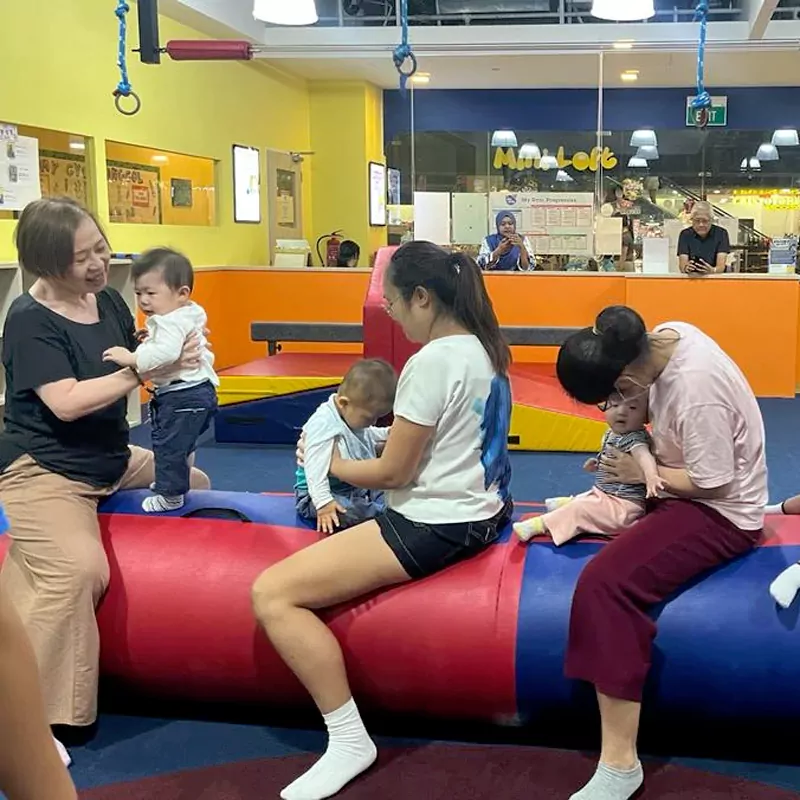
Most subjects appear as isolated islands, seemingly disconnected from the vibrant landscapes of our everyday lives. However, we as parents must make it our mission to bridge the gap and reveal the inherent relevance and excitement embedded within each subject. By unlocking the potential, we empower our children to embark on a journey of discovery, where the boundaries between textbooks and the real world blur, fostering a lifelong love for learning.
Mathematics, for instance, is seen as an abstract puzzle, and often seen as boring. In reality, math is the language that governs the universe. From the celestial dance of planets to the intricate patterns of a snowflake. By understanding its principles, your child will gain the ability to decipher and solve real-world problems.
Science as a subject, is a journey of curiosity that extends into our daily lives. So encourage your child to explore the world around her as a living laboratory. Whether it’s the physics behind a bouncing ball, the biology of a backyard insect, or the chemistry in the kitchen, every moment is an opportunity for discovery. When seen through this lens, science transforms into an exciting adventure, sparking a sense of wonder and a desire to explore the unknown.
Encourage your child to express herself through writing, honing the skills to articulate her thoughts and ideas. Whether it’s a personal journal, a fictional story, or a persuasive essay, language and a habit of reading books, empower a child to navigate the complexities of communication, a skill essential in all aspects of life.
Help your child see history as a living, breathing entity, filled with tales of resilience, triumph, and, at times, cautionary tales. By understanding the past, they gain insights into the present and lay the foundation for a future shaped by informed decision-making.
By weaving the threads of mathematics, science, language, and history into the fabric of everyday experiences, you will empower your child to see education not as a chore but as a thrilling adventure—one that prepares her for the challenges and wonders of the real world.
Gamify learning
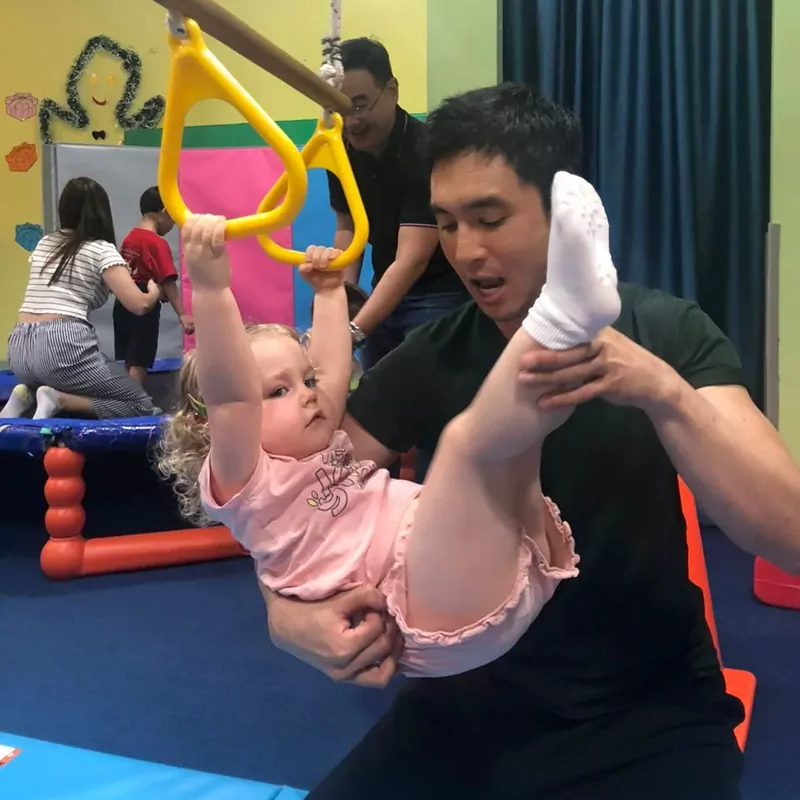
Today more than ever before, the traditional methods of imparting knowledge are being revolutionized by the integration of games into the learning process. When you turn learning into a game, children, who are hard-wired to play will respond positively and learn quickly. This is a more holistic approach to knowledge acquisition.
Games are designed to be immersive, challenging, and enjoyable, capturing the attention and interest of learners. The competitive or cooperative nature of many games creates an environment that motivates your child to actively participate in the learning process. Educational video games, board games, or interactive simulations, the element of play unravels an intrinsic value and makes learning an enjoyable pursuit rather than hard work.
Experiential learning allows students to apply theoretical knowledge to practical situations. Simulation games, for instance, provide a safe and controlled environment where your child can experiment with different strategies and observe the consequences of her decisions. This hands-on experience enhances understanding and retention by bridging the gap between theory and real-world application.
Many games, especially those designed for multiplayer interaction, promote collaboration and the development of social skills. Cooperative games encourage children to work together towards a common goal, fostering teamwork and communication.
Games with complex challenges require problem-solving and critical thinking skills. Puzzle games, strategy games, and role-playing games stimulate cognitive processes and teach children to analyze situations, make decisions, and adapt to changing circumstances. This active engagement with problem-solving scenarios not only sharpens intellectual skills but also instils resilience to setbacks, as players will learn to overcome obstacles through perseverance and creative thinking.
Practical tips that come in handy
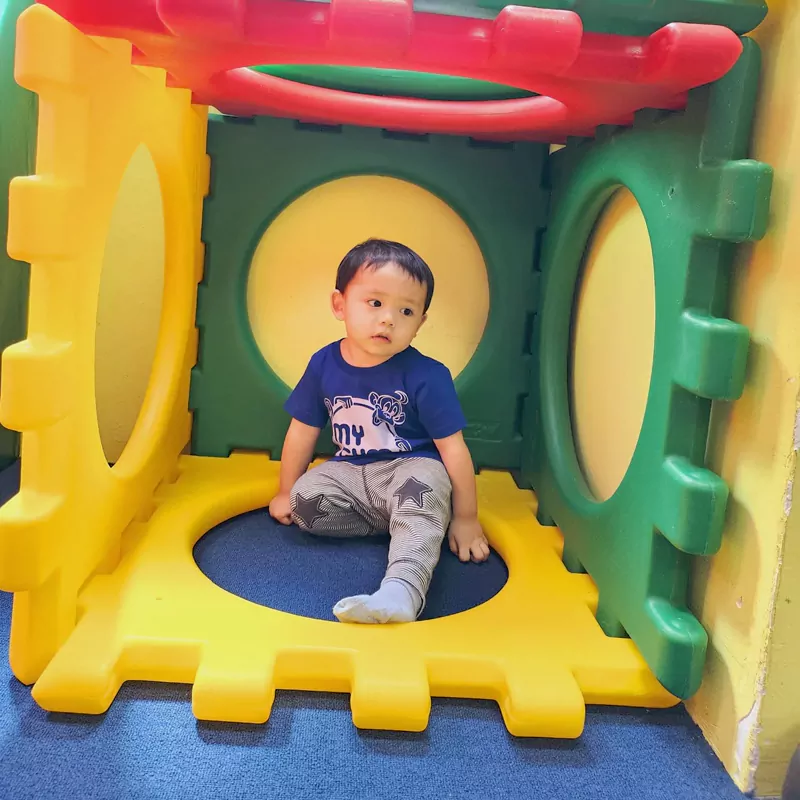
Early years of your child’s life are critical for cognitive development, as they lay the foundation for future learning and understanding of the world around her. You as young parents can take turns and play a pivotal role in fostering your child’s cognitive abilities. Embrace the power of play in cultivating well-rounded, adaptable, and turn your child into an enthusiastic future-ready learner.
Encourage curiosity: Foster a sense of wonder by encouraging children to explore their surroundings. Create a stimulating environment with age-appropriate toys, books, and activities that tickles their curiosity. When children are curious, they naturally seek to understand the world, driving their cognitive development.
Communicate effectively: Establish open and effective communication with your child. Encourage her to ask questions, express her thoughts, and share her observations. Respond to her queries with patience and provide clear, age-appropriate explanations. Effective communication not only strengthens the parent-child bond but also nurtures the child’s language and cognitive skills.
Hands-on learning: Engage children in hands-on activities that involve the use of their senses. Activities such as building blocks, drawing, and simple science experiments provide concrete experiences that enhance your child’s understanding of concepts like cause and effect, spatial relationships, and basic scientific principles.
Read together: Incorporating active reading techniques is a powerful tool for cognitive development. Introduce a variety of books that cater to your child’s interests. Reading together not only fosters language skills but also exposes your child to diverse ideas, cultures, and perspectives, broadening her understanding of the world.
Encourage problem-solving: Provide opportunities for your child to solve problems independently. This could involve puzzles, age-appropriate games, or real-life scenarios. Problem-solving activities enhance critical thinking skills and teaches children to analyze situations and come up with creative solutions.
Promote a growth mindset: Teach children that intelligence is not fixed but can be developed through effort and perseverance. Cultivating a growth mindset encourages children to embrace challenges, learn from mistakes, and see effort as a path to mastery.
Encourage social interactions: Social interactions with peers, family members, and other adults contribute significantly to a child’s understanding of social dynamics, emotions, and relationships. Encourage cooperative play, group activities, and discussions to develop social awareness and emotional intelligence.
Expose to diversity: Expose your child to a diverse range of experiences, people, and cultures. This exposure will help her develop a more comprehensive understanding of the world, fostering empathy and a sense of global awareness.
Love for learning: Children often emulate the behaviours they observe. Model a love for learning by expressing enthusiasm for new ideas, exploring new hobbies, and demonstrating a positive attitude towards challenges. When children see adults valuing learning, they are more likely to adopt a similar mindset.
How My Gym helps
One effective way to help young children help learn and understand better is by involving them in physical activities. My Gym promotes all-round development by helping children perform dynamic physical movement effectively. This is made possible by helping them to learn to concentrate and be attentive focussed – listening to instructions, and listening to what the instructor is saying.
By doing this day in and day out, children acquire critical listening skills that play a big role in acquiring social and intellectual skills enabling them to navigate complex social situations and nurture emotional development to lead healthier lives.
My Gym’s enrichment programs augment the growth of neural networks in the brain and lay a firm foundation for personal, academic and future growth by involving children in age-appropriate, structured and unstructured play designed to develop listening, thinking and problem-solving skills.
Please visit any of My Gym centres to learn more about how it can support “whole-child development”. Choose a day when you are relatively free and come over with your child in tow. Your child could be an infant (as young as 6 months), a toddler or a preschooler, age is not a bar to learn how your child can pick up skills just by looking, listening and imitating. without missing out on anything!
Please note: My Gym classrooms are thoroughly sanitized every day — the tables, the chairs, the children’s activity stations and everything else the child might touch is made safe and clean. Whenever required, children are encouraged to wear a mask, wash their hands frequently, and practice social distancing as well.



